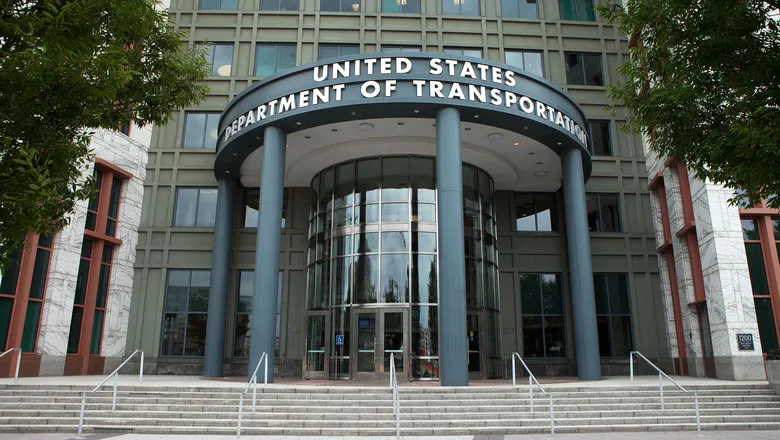A recent Department of Transportation regulation mandates that airlines must refund tickets if flights are cancelled or delayed for at least three hours for domestic flights or six hours for international flights.
The rationale behind the rule is clear: when airlines fail to deliver the service they promised, passengers shouldn’t lose their money. However, these standards fall short compared to the existing policies of United and Delta. American Airlines, which had a more favorable refund policy before the pandemic, never reverted to its pre-pandemic practices, requiring a four-hour schedule change for a refund (or 90 minutes if the change occurs within 72 hours of the scheduled departure).
There’s a concern that airlines with more generous refund policies might align with the DOT requirements, which would ultimately disadvantage passengers on those carriers.
While the rule mandates automatic refunds, airlines may hastily cancel and refund tickets to comply, potentially leaving passengers stranded when they would prefer to be accommodated on alternative flights.
Furthermore, the time threshold for requiring refunds should have been stricter. If a customer purchases a ticket for a specific time and the airline changes its schedule significantly, there’s little justification for withholding a refund if the new schedule is no longer suitable for the passenger.
However, the requirement for a refund in § 260.6 states that if the customer doesn’t respond to alternatives offered by the airline by a specified deadline, the airline must process a refund. This could pose challenges for consumers who miss communications due to email issues or forgetfulness.
The Biden administration had initially advocated for a refund rule in the FAA Reauthorization bill, and the provision was included in the Senate bill well before the DOT finalized its rule. This indicates a move towards ensuring refunds, a practice that the Biden DOT and its predecessors had not consistently followed.
While the automatic refund provision may exceed the DOT’s statutory mandate, it remains within the purview of Congress to rectify agency decisions that deviate from legislative intent.
In summary, while the intention behind the DOT rule is to protect consumers, certain aspects may need refinement to ensure clarity, fairness, and alignment with broader industry practices and congressional intent.















































